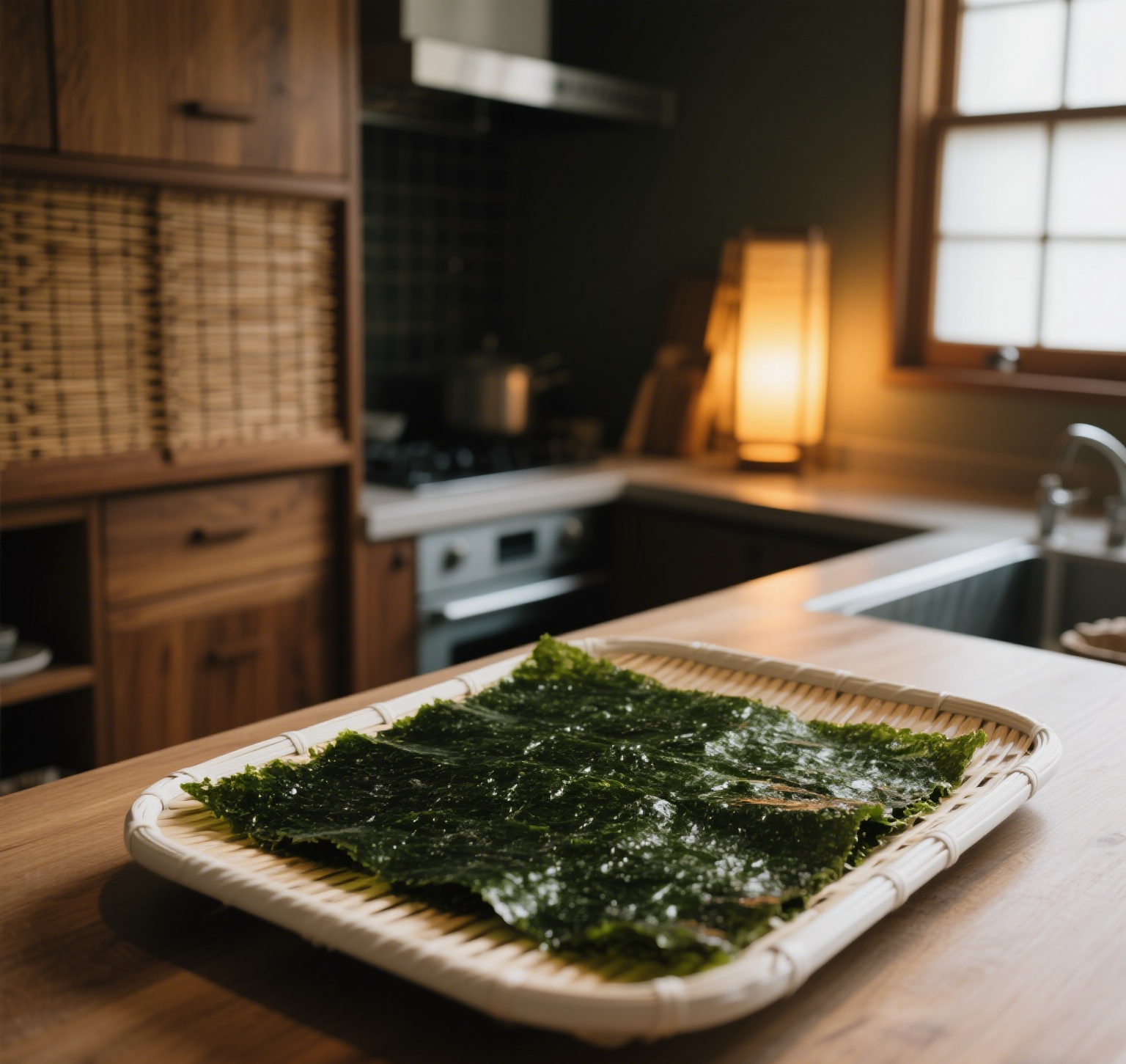Physical Address
304 North Cardinal St.
Dorchester Center, MA 02124
Physical Address
304 North Cardinal St.
Dorchester Center, MA 02124
That crisp green wrapper hugging your sushi roll is more than just edible origami—it’s one of nature’s most surprising superfoods. Nori, the seaweed that went from ocean floor to gourmet staple, has been fueling Japanese chefs and health enthusiasts for centuries. But is this marine vegetable as virtuous as it claims to be? Let’s dive in.
Nori isn’t just seaweed—it’s the ocean’s answer to a nutrition label:
Nutritionist Dr. Rangan Chatterjee notes: “Eating nori is like taking a multivitamin that crunches.”
Before you start bathing in nori, consider:
Nori isn’t just for rolling—it’s your kitchen’s secret weapon:
Sushi chef Yuki Onishi jokes: “Westerners wrap food in paper—we wrap ours in vitamins.”
When sourced responsibly, nori is overwhelmingly good for you. Its nutritional profile puts most land vegetables to shame, and its versatility makes it the seaweed that keeps on giving.
As the Japanese saying goes: “A day without seaweed is like a sky without stars.” Whether you’re snacking on roasted sheets or using them to elevate dishes, this marine marvel proves good things come in green, salty packages.
Store nori like you store your self-respect—in a cool, dry place away from moisture. And remember: the greener the sheet, the fresher the treat. Your body (and your taste buds) will thank you.